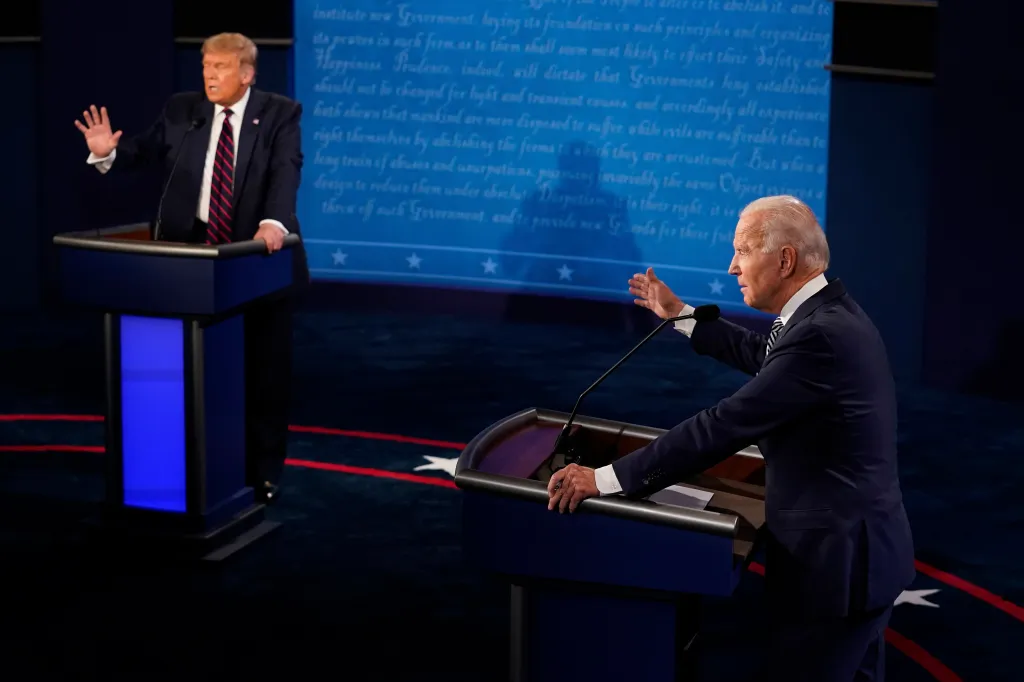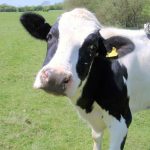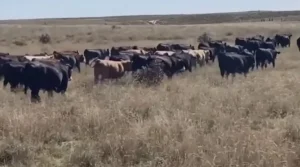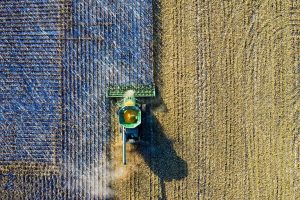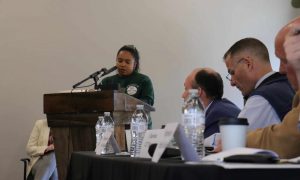
Less than 2% of this country is actively engaged in production agriculture, so it comes as no surprise that the needs and challenges facing the heart of rural America are often overlooked and glossed over in political discussions.
On the flip side, it’s crazy to me that a whopping 98% of our general population has absconded its responsibility to feed themselves, relying on the efficiencies and economies of scale that modern agriculturalists have achieved in order to produce affordable and abundant groceries for people here and abroad.
Yet, even though farmers and ranchers represent a very small voting block, I’m disappointed, although not surprised, that agriculture was barely mentioned in the most recent GOP debate.
Forget the fact that in the last three years, during a global pandemic, we saw true cracks in our food system that leave our food security in a vulnerable state. I remind audiences that I speak to quite often that food security is national security, and a nation that cannot feed itself is not truly free.
And what I saw during the “COVID-chapter” with our food supply was quite alarming to me. Milk on dairies dumped because processors weren’t picking up or the plastic bottles were stuck on ships in ports. Hogs euthanized because packing plants were slowing their lines or shutting down. Bare shelves. Panic buying. All this created a heightened awareness that has been lacking in society about where our food comes from and the people who provide the essentials of life.
But oh, how quickly we forget as a society. Lulled back into complacency and codified by the new “normal,” citizens were quick to return to the business of life as the world opened back up again, and the sentiment about supporting farmers and buying local was replaced with the old standbys of Walmart and Amazon.
However, if these GOP politicians were truly paying attention, they wouldn’t have wasted time pandering to voters on emotionally-charged issues; they would have taken notes from the past eight years and addressed the real challenges facing the heartland. Things like the fact that we lose 1,300 cow-calf producers and 2,500 dairy farmers each year in this country. Or that millions of acres of farmland are being gobbled up for development, some with ties to foreign investors. Or perhaps they would have addressed the elephant in the room, that 85% of our meat supply is controlled by four major packers, some of which are criminals in their own home countries.
Never mind the fact that while farmers and ranchers are feeling the pinch, so are consumers with grocery prices up 5% in the last year.
Of course, politicians are better at yelling from their bully pulpit verses actually fixing problems. However, I’m guessing, if they had taken the opportunity to address food and agricultural issues on that debate stage, it might have been a really meaningful conversation instead of the literal snooze-fest that it was.
So what was said about agriculture in the GOP debate? Conversations on the Farm Bill quickly turned to a single issue, SNAP benefits. Meanwhile, North Dakota Gov. Doug Burgum was the only one to even remotely mention anything agriculturally-related in the entire debate.
Perhaps it’s time for our politicians to stop waxing poetic and start addressing real issues. I’m not holding my breath for any meaningful change from the top down, so in the meantime, here’s what you and I need to do — we need to know and understand that while our federal government is on an insane spending spree to become the oversized insanity that it is today, on the local and state level, we still have the power to impact change and create meaningful action to shape our future.
So let them debate and discuss all the hot button topics that get everyone charged up. But in the heart of rural America, we are going to continue to do what we do best — steward the land, care for the animals, raise our children, help in our communities, love our neighbors, serve others, and live a life that instills the values we hold dear for the next generation.
